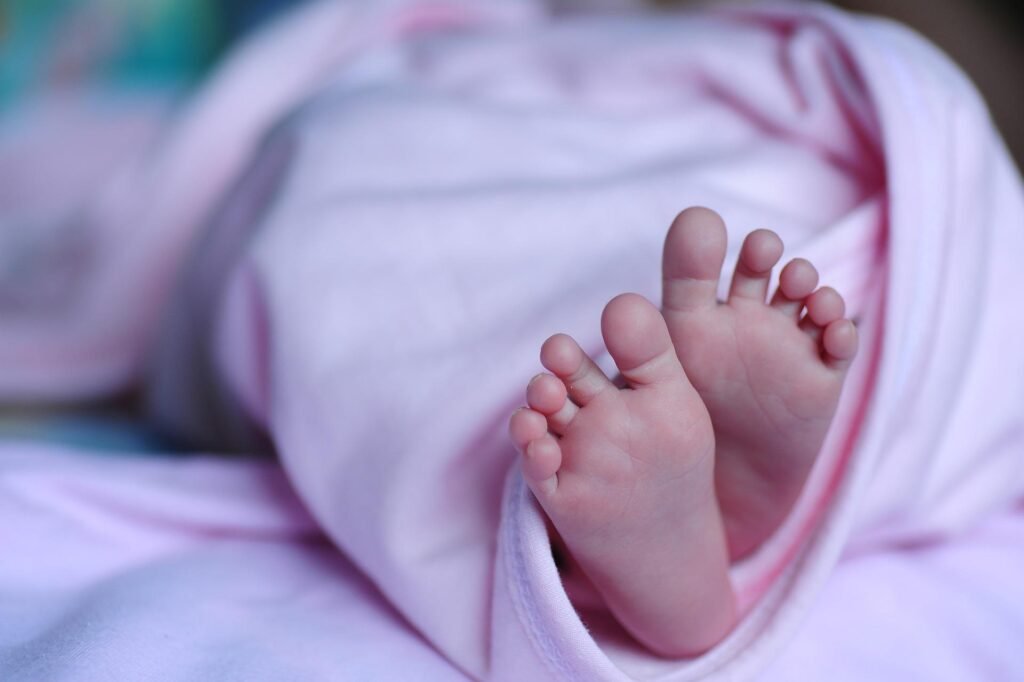Introduction
The arrival of a newborn is a joyous occasion filled with wonder and excitement. However, it can also be a time of worry and uncertainty, especially for parents who notice unusual symptoms in their little one. Allergies can manifest in various ways, and recognising the signs early on is crucial for managing your baby’s comfort and health. In this comprehensive guide, we will explore the common signs of allergies in newborns, potential allergens, and when to seek medical advice.
Understanding Allergies in Newborns
Allergies occur when the immune system overreacts to harmless substances called allergens. In newborns, allergies can develop to a variety of triggers, including food, environmental factors, and even certain medications. While it’s normal for babies to experience some discomfort or fussiness, persistent symptoms may indicate an underlying allergy.
Common Signs of Allergies in Newborns
- Skin Issues:
- Eczema: A common allergic skin condition characterised by dry, itchy, and red patches on the face, arms, and legs.
- Hives: Raised, itchy welts that can appear suddenly and disappear quickly.
- Rash: A general term for a skin irritation that can be caused by allergies.
- Digestive Problems:
- Colic: Excessive crying, fussiness, and gas that can be related to food allergies.
- Diarrhea: Loose or watery stools that may be accompanied by mucus or blood.
- Vomiting: Repeated spitting up or forceful ejection of stomach contents.
- Blood in Stool: This could be a sign of a severe food allergy and requires immediate medical attention.
- Respiratory Symptoms:
- Congestion: A stuffy nose or difficulty breathing.
- Wheezing: A whistling sound when your baby exhales.
- Coughing: Persistent or frequent coughing.
- Sneezing: Excessive sneezing can be a sign of allergies.
- Eye Issues:
- Red, itchy eyes: Watery eyes or eyes that appear red and irritated.
Potential Allergens in Newborns
- Food Allergies: Common culprits include cow’s milk, soy, eggs, wheat, and peanuts.
- Environmental Allergens: Dust mites, pet dander, mold, and pollen can trigger allergic reactions.
- Latex Allergy: Some babies may be allergic to latex, found in gloves, balloons, and other products.
- Medication Allergies: Certain medications can cause allergic reactions in newborns.
When to Seek Medical Advice
If you suspect your newborn has allergies, it’s essential to consult with your pediatrician. They can provide an accurate diagnosis and recommend appropriate treatment. Seek immediate medical attention if your baby exhibits any of the following symptoms:
- Difficulty breathing
- Swelling of the face, lips, or tongue
- A severe rash or hives
- Blood in the stool
Managing Allergies in Newborns
While there’s no cure for allergies, several strategies can help manage symptoms:
- Identify the allergen: Keeping a detailed food and symptom diary can help pinpoint potential allergens.
- Avoid triggers: Once you’ve identified the allergen, eliminate it from your baby’s environment.
- Over-the-counter remedies: Consult with your pediatrician before using any over-the-counter medications.
- Prescription medications: In severe cases, your doctor may prescribe allergy medications.
- Breastfeeding: Breast milk provides essential antibodies that can help protect your baby from allergies.
- Humidifier: Using a humidifier can help alleviate congestion caused by allergies.
Prevention Tips
- Delayed introduction of solid foods: Introducing solid foods gradually can help reduce the risk of food allergies.
- Good hygiene: Regular handwashing and cleaning surfaces can help prevent exposure to allergens.
- Dust mite control: Encase mattresses and pillows in allergen-proof covers and wash bedding frequently in hot water.
- Pet dander management: Keep pets out of your baby’s room and groom them regularly.
Conclusion
Recognising the signs of allergies in newborns is crucial for their well-being. By understanding the common symptoms, potential allergens, and when to seek medical advice, parents can take proactive steps to manage their baby’s allergies and ensure a comfortable and healthy start in life. Remember, every baby is unique, and what works for one may not work for another. Always consult with your pediatrician for personalised guidance.

